China’s financing and investment spread across 61 BRI countries in 2023 (up...
2024-02-27 31 英文报告下载
Japanese firms’ role in the global rail market reflects the fact that high-speed trains were pioneered in post-war Japan in the 1950s and early 1960s with the construction of the Shinkansen bullet trains. Ever since it was launched for the 1964 Olympic Games in Tokyo, the Shinkansen has remained a source of national pride in Japan. These firms and the government continue to invest in high-speed trains and rail networks. In July 2020, Central Japan Railway introduced the next-generation Shinkansen, the N700S, which reaches a maximum speed of 300 kph.65 Indicative of the development challenges involved in high-speed rail, it is the first fully remodeled bullet train in 13 years.
In 2019, Japan started testing the ALFA-X version of the Shinkansen train, which can run at speeds up to 360 kph, with plans to bring it into service after 2030.66 Hitachi and Kawasaki Heavy Industries are two of the main manufacturers of Shinkansen trains, which are thus the basis for both of their exports and international projects. For example, Taiwan’s high-speed rail network uses both Kawasaki and Hitachi trains, while a range of lines in the United Kingdom use Hitachi’s Shinkansen technology. Kawasaki’s exports in China are likewise based on Shinkansen technology (see the annex case study).

标签: 英文报告下载
相关文章
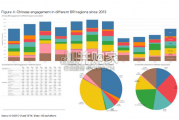
China’s financing and investment spread across 61 BRI countries in 2023 (up...
2024-02-27 31 英文报告下载

Though the risk of AI leading to catastrophe or human extinction had...
2024-02-26 51 英文报告下载
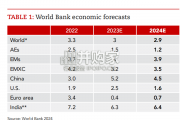
Focusing on the prospects for 2024, global growth is likely to come i...
2024-02-21 96 英文报告下载
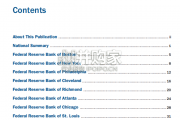
Economic activity declined slightly on average, employment was roughly flat...
2024-02-07 67 英文报告下载
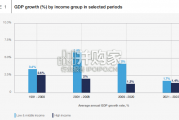
Economic growth can be defned as an increase in the quantity or quali...
2024-02-06 82 英文报告下载
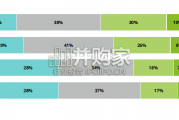
In this initial quarterly survey, 41% of leaders reported their organizatio...
2024-02-05 66 英文报告下载
最新留言